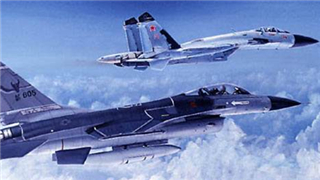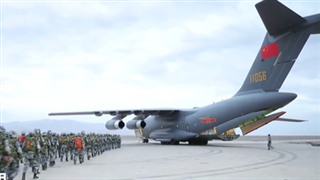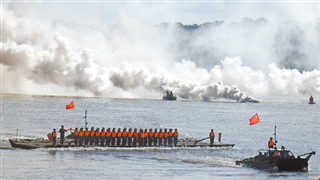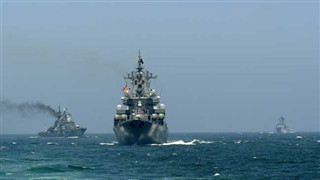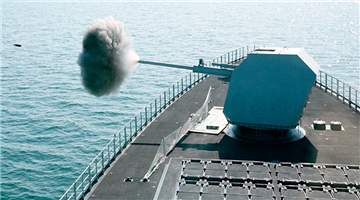On July 7, 1937, Japanese troops attacked Lugou Bridge, a crucial access point to Beijing. The incident is believed by many to have been the comprehensive outbreak of the War of Resistance against Japanese Aggression. Eighty-three years on, Chinese veterans still remember what happened that night.
Ninety-year-old Zheng Fulai was seven years old at the time.
"I woke up with the sound of gunfire. I thought it was a military drill, and when the guns stopped firing, I fell asleep again. The next day, I was about to go to school when my father stopped me and said, "No need to go to school. We’re at war," Zheng said.
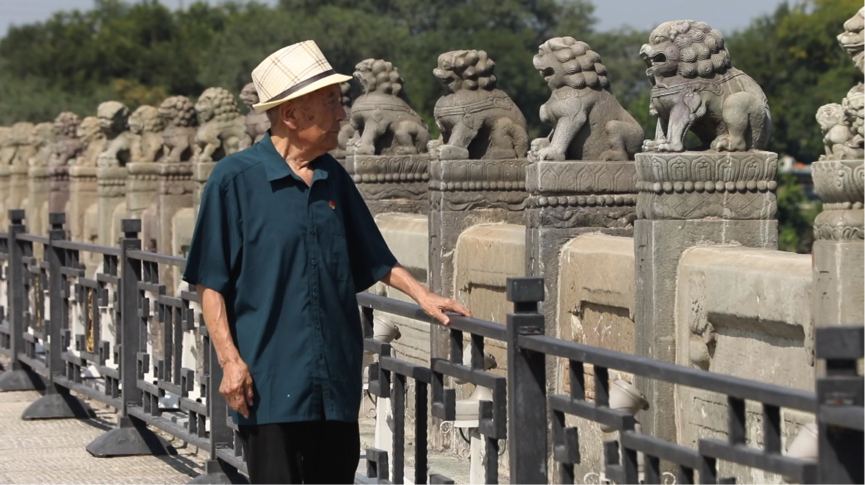
One hundred and one-year-old Guo Yunsheng was a soldier in the Chinese army when the incident happened.
"We had to fight back. Before the war, Japan was carrying out intensive military drills in Beijing. We were patriotic soldiers ... and we did not want them to be there."
When it comes to the scars of war, everyone has a story to tell.
Veteran Guo Yunsheng recalled their hard times at the early stage. “Our weapons were not as good as the enemy's. We just had rifles and machetes. They (the Japanese troop) had planes and cannons.”
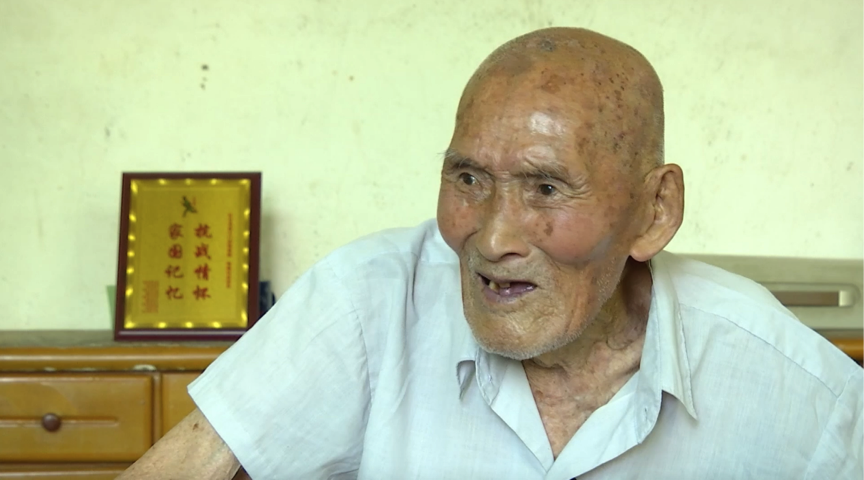
“When you are a soldier, it’s like death follows you everywhere. You can die at any time.” Guo said.
“I had a playmate called Si Chunzi. He was three or four years older than me,” said Zheng recalled his childhood friends who didn't survive the war.
“He was shot in the belly by a projectile on the street and taken to the hospital where he later died,” he said.
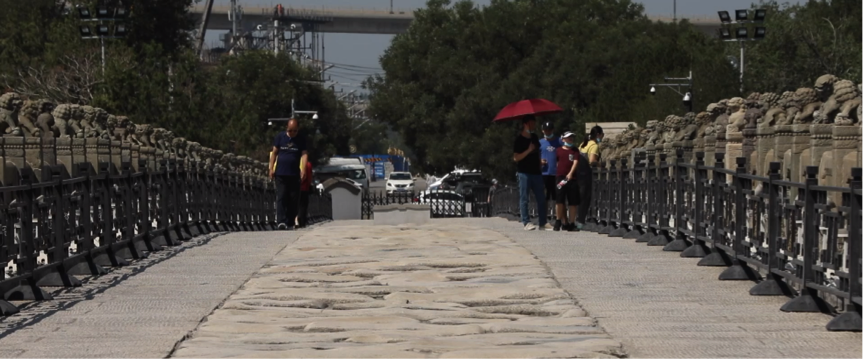
Zheng has spent almost all his life telling young people about the war. He says the younger generations should know about their country's past and what people have been through.
With a history of more than 800 years, the bridge that witnessed wars and changes over time still stands today, as if to tell people not to forget the heavy history and remind them that peace doesn't come easily.
